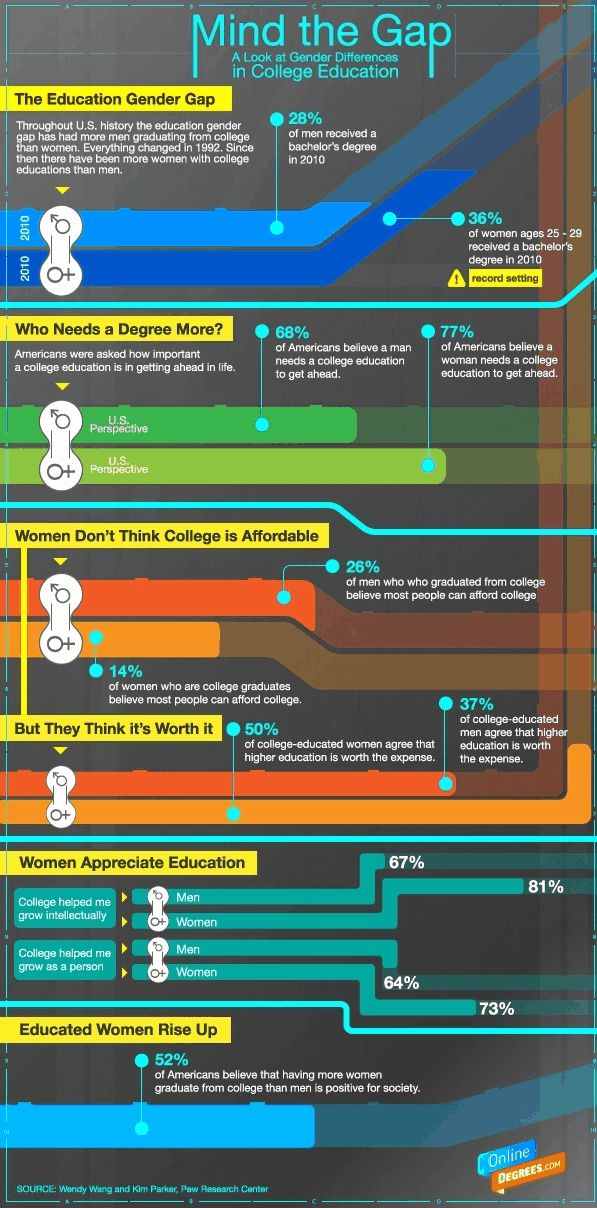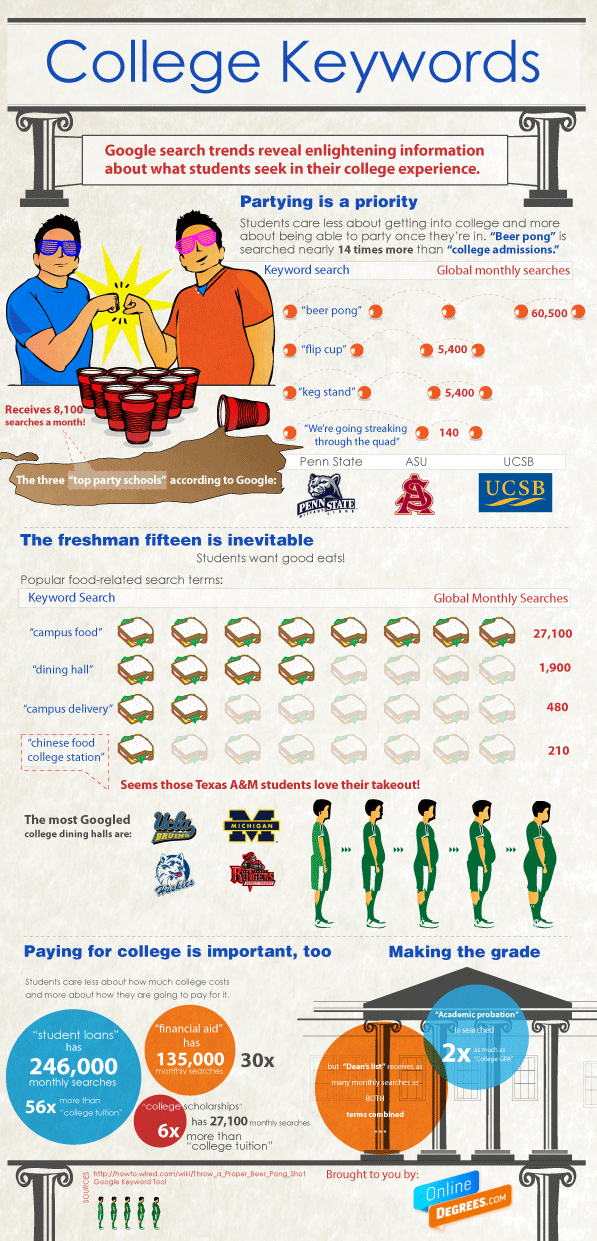With our increasing use of and dependence on the internet, social media, smart phones and other smart devices, it should come as no surprise that there is an increasing emphasis on computer science literacy. A report titled ‘2019 State of Computer Science Education’ that was released by Code.org and the Computer Science Teachers Association describes how states have allocated more than $123 million for professional development in computer science from 2016 to 2021.
An online degree in computer science can ensure you are equipped with the knowledge and skills relevant in current computer science and information technology occupations. Students with good mathematical abilities, ingenuity and who can think analytically may be well-suited to such occupations.
What are the jobs in computer science by degree level?
To pursue a career in computer science and information technology, you may first complete a computer science degree program chosen based on your career goals, timeline and financial commitment possible.
- Certificate Programs in Computer Science: Technical certification that may be provided by software vendors and vendor-neutral certification providers may take up to six months to complete. Students may learn about specific tools or products or gain an overview of computer science principles.
Jobs: Certification usually allows students to secure entry-level employment as computer support specialists, helpdesk technical support, visual basic developers and multimedia developers. With experience, they can secure roles as network and computer systems administrators and software developers.
- Associate Degree in Computer Science: This qualification may generally equip students with a broad skill set suited to a variety of professions.
Jobs: Graduates may be eligible for roles as computer network support specialists, web developers, computer programmers, network and computer systems administrators, and computer systems analysts.
- Bachelor’s Degree in Computer Science: You can build a strong theoretical foundation and gain a variety of practical skills through this four-year degree program.
Jobs: Graduates may apply for positions as back-end web developers, software developers, computer network architects, computer programmers, computer systems analysts, information security analysts, database administrators and so on.
- Master’s Degree in Computer Science: If you are interested in learning about advanced computer science topics, this two-year degree program can be the right choice for you! This may give you an option of choosing an area of concentration as well.
Jobs: Graduates can gain employment as database administrators, software development engineers, and computer and information research scientists. They are also usually eligible for leadership roles in other related professions.
- Doctoral Degree in Computer Science: Doctoral degrees in computer science such as a Doctor of Philosophy (Ph.D.) degree can qualify you for scientific research in the field as well as for a professional management role.
Jobs: Doctoral degree graduates may pursue careers as university professors and research and development scientists.
To become a computer scientist, you may first need to complete a suitable degree program in computer science from an accredited institution. Generally, a master’s degree is the minimum qualification needed. Some employers typically require you to complete certification in a particular product or tool. Once employed, you can rise in your role as you gain work experience. You can take specific courses depending on the field you work in. In some professional roles, an additional Master of Business Administration (MBA) degree may help you rise to senior positions. It is also important to stay up to date with the latest developments as the field of computer science is rapidly changing. Periodically taking courses and attending IT conferences can also be beneficial.
How can you earn a computer science degree online?
An online degree program in computer science may enable students to set their own pace, thus giving them the flexibility needed to attend to their personal life, professional responsibilities and education. Some programs can be available in a hybrid format and may require some classes to be attended in person. Classes are typically conducted online asynchronously through online learning platforms. Students may be required to meet deadlines for assignment or meet the instructor online from time to time. Many colleges and universities usually allow online students access to digital library resources and other student support services such as counseling, tutoring and career guidance.
Learn more about careers in nursing through the infographic below.
Sources
- Code.org, ‘Computing occupations are now the #1 source of new wages in America’, https://blog.code.org/post/144206906013/computing-occupations-are-now-the-1-source-of-new, May 22, 2016, accessed September 2019
- 2019 State of Computer Science Education, Equity and Diversity, Code.org, https://advocacy.code.org/2019_state_of_cs.pdf, accessed September 2019
- EducationDive, ’33 states adopted 57 computer science ed policies since 2018′, https://www.educationdive.com/news/33-states-adopted-57-computer-science-ed-policies-since-2018/562530/ , September 11, 2019, accessed September 2019
- Bureau of Labor Statistics, Occupational Outlook Handbook, Computer and Information Technology Occupations, https://www.bls.gov/ooh/computer-and-information-technology/home.htm , accessed September 2019
- Bureau of Labor Statistics, Occupational Outlook Handbook, Computer Support Specialists, https://www.bls.gov/ooh/computer-and-information-technology/computer-support-specialists.htm#tab-1 , accessed September 2019
- Bureau of Labor Statistics, Occupational Outlook Handbook, Web Developers, https://www.bls.gov/ooh/computer-and-information-technology/web-developers.htm#tab-1 , accessed September 2019
- Bureau of Labor Statistics, Occupational Outlook Handbook, Information Security Analysts, https://www.bls.gov/ooh/computer-and-information-technology/information-security-analysts.htm#tab-1 , accessed September 2019
- Bureau of Labor Statistics, Occupational Outlook Handbook, Software developers, https://www.bls.gov/ooh/computer-and-information-technology/software-developers.htm#tab-1 , accessed September 2019
- Bureau of Labor Statistics, Occupational Outlook Handbook, Computer and Information Research Scientists, https://www.bls.gov/ooh/computer-and-information-technology/computer-and-information-research-scientists.htm#tab-1 , accessed September 2019
- Bureau of Labor Statistics, Occupational Outlook Handbook, Computer Network Architects, https://www.bls.gov/ooh/computer-and-information-technology/computer-network-architects.htm#tab-1 , accessed September 2019
- Bureau of Labor Statistics, Occupational Outlook Handbook, Computer Programmers, https://www.bls.gov/ooh/computer-and-information-technology/computer-programmers.htm#tab-1 , accessed September 2019
- Bureau of Labor Statistics, Occupational Outlook Handbook, Computer Systems Analysts, https://www.bls.gov/ooh/computer-and-information-technology/computer-systems-analysts.htm#tab-1 , accessed September 2019
- Bureau of Labor Statistics, Occupational Outlook Handbook, Database Administrators, https://www.bls.gov/ooh/computer-and-information-technology/database-administrators.htm#tab-1 , accessed September 2019
- Bureau of Labor Statistics, Occupational Outlook Handbook, Network and Computer Systems Administrators, https://www.bls.gov/ooh/computer-and-information-technology/network-and-computer-systems-administrators.htm#tab-1 , accessed September 2019
- Bureau of Labor Statistics, Occupational Employment Statistics, Occupational Employment and Wages, May 2018, Computer User Support Specialists, https://www.bls.gov/oes/current/oes151151.htm#st , accessed September 2019
- Bureau of Labor Statistics, Occupational Employment Statistics, Occupational Employment and Wages, May 2018, Web Developers, https://www.bls.gov/oes/current/oes151134.htm#st , accessed September 2019
- Bureau of Labor Statistics, Occupational Employment Statistics, Occupational Employment and Wages, May 2018, Information Security Analysts, https://www.bls.gov/oes/current/oes151122.htm#st , accessed September 2019
- Bureau of Labor Statistics, Occupational Employment Statistics, Occupational Employment and Wages, May 2018, Software Developers, Applications, https://www.bls.gov/oes/current/oes151132.htm#st , accessed September 2019
- Bureau of Labor Statistics, Occupational Employment Statistics, Occupational Employment and Wages, May 2018, Computer and Information Research Scientists, https://www.bls.gov/oes/current/oes151111.htm#st , accessed September 2019












